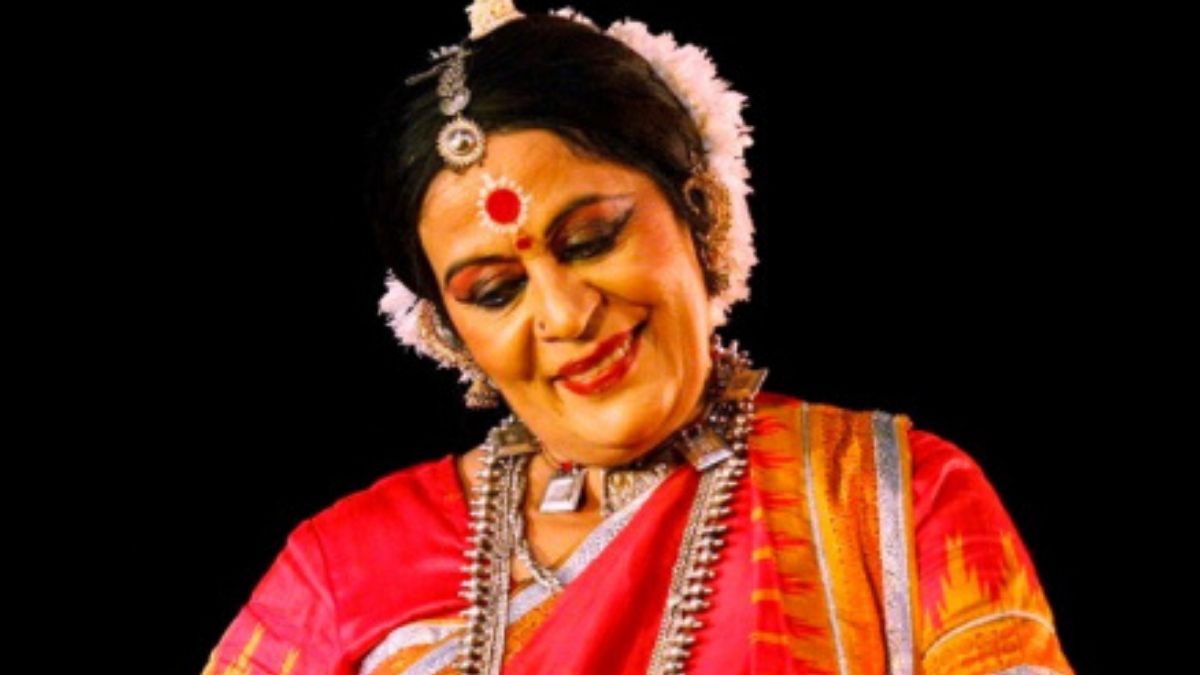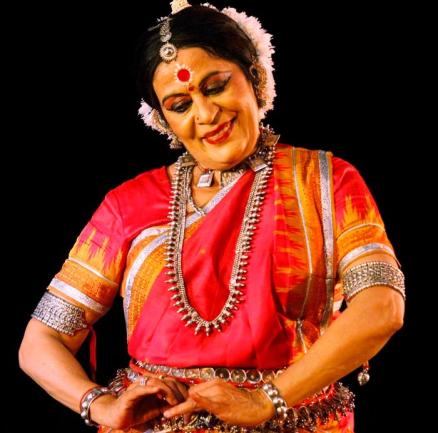
Even as the trinket of ghungroos and the sound of tabla cannot be heard with the prevailing Covid-19 lockdown, art continues to heal through a changed medium. Our traditional forms of dance and music have undergone a change by shifting online and many artists have taken it upon themselves to practise their craft and extending their support to fellow citizens.
“Seeing the condition of the world, it’s very threatening and scary. We have to be very careful and a creative artist can never be at peace. We have to go on using our brain and mind to create something new. We have to take some way out for doing our shows. E-concerts, television or YouTube will help us create programmes. We have to create some atmosphere with the audience and bond,” says Uma Sharma, Padma Bhushan recipient and renowned Kathak dancer.
Many classical dancers who stayed away from technology all their lives are now trying to adapt this new reality of life. Rajya Sabha MP and Padma Vibhushan recipient Sonal Mansingh is one of them. “I am personally not comfortable as I haven’t done any online classes. But because of this pandemic, I also have learnt how to use Facebook.

The technology has completely bypassed me. I am just left wondering: How are we going to deal with the new space, the new time? The thing that you get on stage or directly live, on screen we all tend to look different. It somehow encroaches upon art and imagination. I guess creativity will have to flow in a different direction now. We have to create our own ways to deal with this,” says Mansingh. But the world of art and music has been gravely affected by coronavirus. With most dance schools shut and performances cancelled, many artists are left in a lurch.
“Millions of artists in the country need support in a couple of years to rebuild themselves. Without art, society becomes soulless. If we are going to think of education and health which are crucial, mental health is equally crucial. With the current situation of the economy, is anybody going to sponsor culture”, asks Mallika Sarabhai, Padma Bhushan and Bharatanatyam maestro. Padma Shri Shobha Deepak Singh agrees and says that it’s time for the government to help.
“It is not an easy task; we can perhaps support all, but funds will get shorter to be able to pay our casual artists. The only feedback I am getting from students is that they prefer to have actual classes than online ones. By the end of June, it will be very difficult in terms of the finances for the institutions. I hope the government will do something about it,” says Singh, the director of Shriram Bharatiya Kala Kendra. Many other classical dance and music maestros agree and say that the government needs to help the sector during this time.
“Bharat is known for its dance and music; we request the government to definitely take steps to take care of the dancers and artists. We are doing online classes but not getting payments, hence how will we survive the coming days or months,” says Padma Bhushan Kaushalya Reddy. While artists say they are up for live streaming concerts and giving online tutorials, monetisation and economic sustenance still remains a huge concern. “Online ideas are fine but surely not something that can ever replace the experience of performing live.
We musicians are asked to perform for free but we, as artists, should contribute and help other struggling artists by coming together. We should create something online for a certain period of time, say six months, to help various artists around the world,” says Shubhendra Rao, sitar maestro. The former DG of ICMR, S.K. Goel agrees and says: “Basically for several years people are going to be hesitant and reluctant to get close to each other. If you do not get close to each other, it changes the whole perception of arts.
You don’t exactly see the way it should be until the artists, the rasikas and the environment do not come together. Even if you go online to present your performances, it needs to be monetised.” While keeping our ancient dance forms alive during this pandemic is important, a balance needs to be maintained so that artists are also able to make a livelihood in a post-coronavirus world.